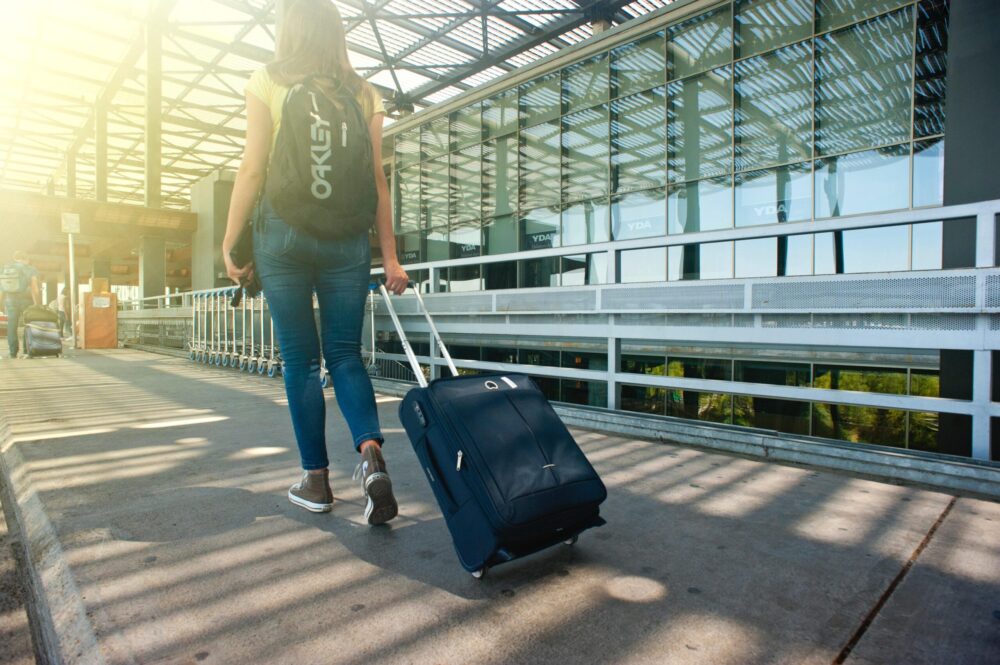The Return of the Expats

Statistics released this year revealed that, for the first time since 2008, more
Irish are returning from abroad than are emigrating. This news was met with great
joy nationwide, and was seen as a sure sign that the economy had recovered. Helen
Smyth, 29, is one of those returning expats. She says her reasons for leaving in
2011 had less to do with the financial crisis and more to do with chasing a long-time
dream; emigrating to New Zealand. “I did placement with Plus Rehab in New
Zealand in April 2010 while completing my degree in physiotherapy, and they said a
job would be waiting for me once I graduated”. New Zealand is renowned for being
an active nation, which appealed to Helen and her lifestyle. She has worked in New
Zealand for the past 7 years as a physiotherapist, specialising in sports medicine
and working closely with athletes from all backgrounds.
With the birth of her first baby this year, she began to feel the pull of home. “I
felt it was selfish to raise my daughter away from the family. We had planned to go
for one year and ended up staying for almost 8, so we were going to return at some
point anyway. I have never lived in Ireland as an adult, so thought this would be a
new challenge for me” she says. Her New-Zealander husband is very excited about
the prospect of the move to Ireland. “Probably more so than me”, she laughs. While
the prospect of returning home is attractive to many, there are many concerns that
come with that move. Ireland is currently in the middle of a housing shortage- with an
estimated 10,000 emigrants to return this year alone, where will they all live? That,
combined with increased housing and rental costs as well as increased utility bills, is
a cause of worry for many of these expats. “There are times when I am afraid we’re
making the wrong decision for our family. Will we be able to afford a house? Will we
be able to pay car insurance? Will we be able to find jobs? This is the stream of
thoughts that cycle through my head every day.”
During the height of the recession, Ireland saw tens of thousands of its
educated workforce leave. There needs to be more incentives to encourage them to
come back home. Unfortunately, many of those returning are finding themselves
facing unexpected hurdles. Helen has first-hand experience of this. “I can’t secure a
Visa for my husband because we can only apply for it in person. I can’t apply for
PPS numbers for my husband and daughter before we arrive. The system’s a bit archaic.
I am relying on the good nature of schools to give my daughter a place
without a PPS number.” Many of the returning Irish are highly educated and have
years of experience working in their industries under their belt, but are surprised to
find that this experience is unrecognised by Irish employers when they do come
home. “I discovered while doing my research into coming home that my degree from
Robert Gordon University in Aberdeen, Scotland, is not recognised by the Irish
Society of Chartered Physiotherapists, because I did not do my studies in Ireland. So
I have had to apply through CORU, a regulator for healthcare professionals, for
recognition, which has cost me €700. I have to wait 5 months for that process to be
finalised before I can work as a physiotherapist in Ireland.”
It seems that behind every government official who says “We want our people
to come home” is an Irish expat who wants to return to Ireland, but is discouraged at
being treated like a foreigner. Irish expats who return and wish to resume their
studies are not entitled to domestic fees- instead they have a three year wait to see if
they’ve been accepted. Despite all this, Helen says there are some positives. “I feel I
am coming home to a more progressive Ireland and feel my daughter can be
educated in a system that is modern and inclusive. Food is more affordable in
Ireland than in New Zealand, and housing prices are pretty much the same. In
Ireland you only need a 10% deposit to apply for a mortgage; in New Zealand you
need 20%. I have been concerned about reverse culture shock, and being able to
replicate our lifestyle when we’re back in Ireland. But it’s absolutely worth the risk.
Family is the most important thing of all.”